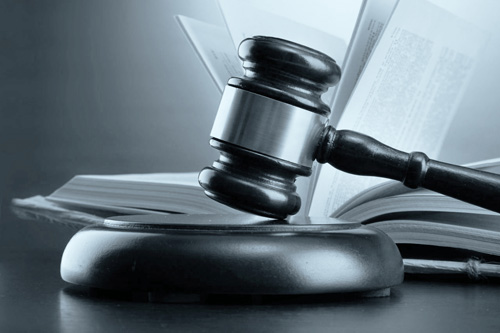Dutch law and the rules of conduct of the legal profession are based on the principle that it should always be considered in the first instance whether two parties can reach an agreement without having to go to court. A dispute between two parties will therefore only end up in court if two or more parties, after consultation, do not reach an agreement and all are of the opinion that they are right.
But when will the judge in the Netherlands decide that you are right? Most proceedings in the Netherlands are start with a so-called writ of summons, in which the plaintiff explains to the court which claim he has against the other party, called the defendant. If the defendant contests the plaintiff's substantiated claims, in most cases the plaintiff will have to provide evidence to substantiate his claims. In some cases, little or no evidence has been collected and kept by the plaintiff, for example because many of the conversations between plaintiff and defendant were conducted by telephone. Failure to comply with the 'duty' to provide evidence will result in the court having to dismiss the claim under the law.
The court's decision will therefore in most cases be just on the basis of Dutch evidence law, but it will feel unfair to one of the two parties and sometimes even to both parties. So the judge is not your key to justice but your evidence is your key to justice.

